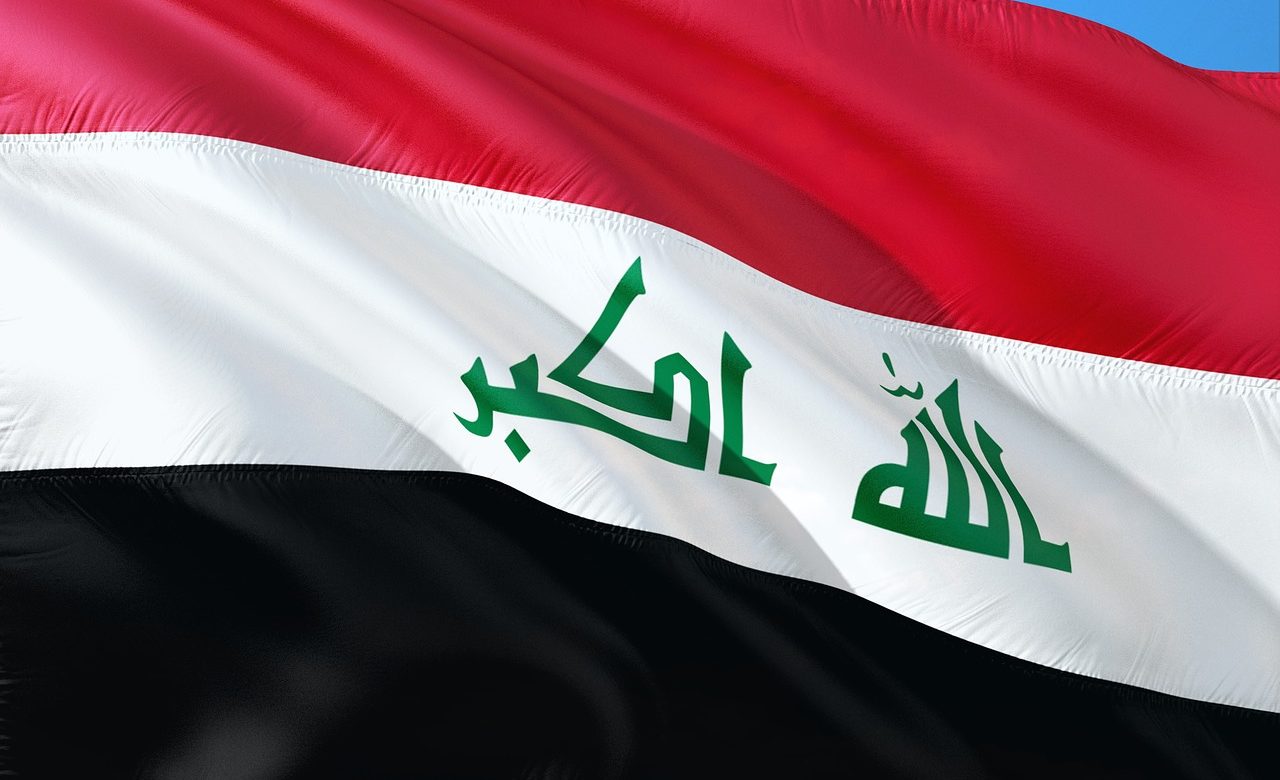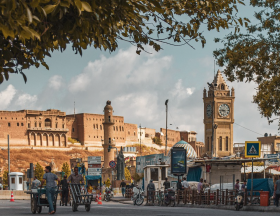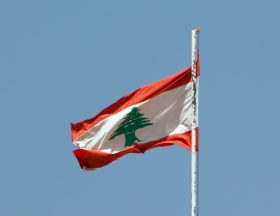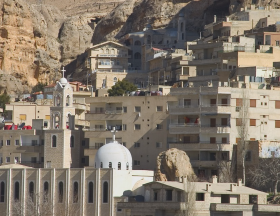With the announcement of the final results of the early parliamentary elections in Iraq, questions are increasing concerning the possible candidates eligible to occupy senior positions within the state apparatus, in particular with regard to the Presidents of the Republic and of the Parliament and the Head of Government.
Since the fall of Saddam Hussein’s regime in 2003 after the intervention of the United States of America, senior positions in Iraq have been shared between the fundamental components in Iraq, following a political custom (not formalized in the constitution), locally called “Quota System”.
By virtue of this political custom, the Shiites occupy the presidency of the government, the Sunnis that of the Parliament while the presidency of the Republic falls to the Kurds. The President of the Republic is elected by the vote of two-thirds of the members of Parliament (which has 329 deputies) and the president’s term of office is four years.
Barham Salih’s chances
The competition for the post of President of the Republic is limited between the two ruling parties in the Kurdistan region (in northern Iraq). These are the PDK chaired by Massoud Barzani and the PUK headed by Bafel Talabani.
Current Iraqi President Barham Salih is one of the main PUK leaders and one of the potential candidates to come back and be reappointed.
Political analyst Doureid Ennacer, however, told Anadolu Agency that “Barham Salih has no chance of securing a second term.”
And Ennacer to continue: “The new PUK leaders do not want to renew for Salih, since relations between the two parties are now unfriendly.”
“The post of President of the Republic will not leave the hands of the PDK, which is working to obtain this post during the next term,” he added.
Regarding the possible candidates that the PDK could present for this post, Ennacer stressed that the “party will present the candidacy of the current Minister of Foreign Affairs Fuad Hussein, and the former chief of diplomacy Hoshyar Zebari, as well as of the former president of the Parliament of the Kurdistan region, Adnan Mufti ”.
The PUK has held the post of President of the Republic since the organization of the first pluralist elections in Iraq in 2005.
The leader of the missing PDK, Jalal Talabani, had held the post of president of the country for two successive terms, between 2005 and 2014, followed by the leader of the party, Fuad Maasoum (2014-2018) and the current head of state. , Barham Salah since 2018.
In return, the KDP holds the presidency of the Kurdistan region and that of the government under an implicit agreement that the two parties share senior positions.
The PDK is working this time to win the post of President of Iraq, motivated and strong in this by obtaining a greater number of seats in the parliamentary elections which took place on October 20, and by taking advantage of the internal dissensions which undermine the ranks of its partner, the PUK.
The PDK won 31 seats according to the final results compared to 25 seats in the 2018 elections, while the PUK won 17, similar to 2018.
PUK dissensions
For several months, the PUK has suffered from acute internal dissension among its leaders. These dissensions resulted in the dismissal of the Party’s co-chairman, Lahor Jenki.
According to PDK leader Abdessalem Berouari, “the Iraqi political forces which supported the PUK candidate (Barham Salih) do not have the same political weight as they did in the last elections.”
Berouari notes, in an interview with AA, that the Al-Fath Alliance, a political umbrella of several Shiite factions close to Iran, lost many seats in the early elections by obtaining only 17 seats, while this alliance was ranked second in the 2018 election with 48 MPs.
For its part, the Courant Sadriste led by Shiite leader Moqtada Sadr was victorious in the last elections, with 73 seats.
Berouari added that “the candidacy of any prominent figure on the part of the Kurds is linked to reaching an agreement with the political forces in Baghdad”.
The political leader considered that “this question arises very early in view of the disputes between the Shiites over the presidency and the form of the next government.”
The Presidency of the government and the form of the cabinet
The Sadrist Current is working to form a majority government and not a consensual one, for the first time since 2005. However, its approach faces the rejection of other Shiite forces and currents which have lost a large number of seats and which reject these elections, claiming their falsification.
Since mid-October, supporters of defeated forces have been demonstrating in the center of the capital Baghdad amid a tense political atmosphere punctuated by an attempted assassination of Prime Minister Mustafa al-Kazimi on November 7.
The manual vote recount operation in the disputed offices resulted in the change of only 5 seats.
The president of the Media Center for Media Development (based in Baghdad), Adnan Sarraj, told AA: “We are seeing a delay on the part of the PDK to reveal the names of its candidates for the post of President of the Republic”.
Sarraj underlined that the “Kurds await the resolution of the problems and alliances in Baghdad before submitting the names of their candidates for the presidency of the Republic”.
Regarding the eventuality of Barham Salih’s retention, Sarraj considered a second term for the outgoing president unlikely for many reasons, including internal strife within the PUK. “
“Likewise, the PDK has started to exert pressure for this post during the next term and does not support a second term of Salih as President”, concluded Adnan Sarraj.
Source analysis Andalou Agency











Réagissez à cet article